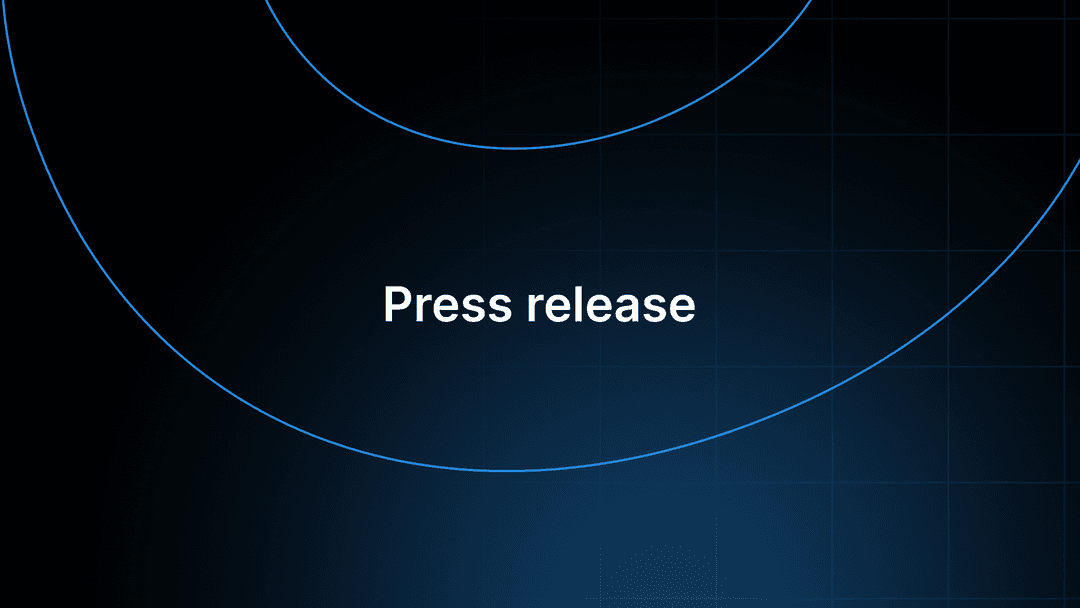Knowledge
News
Meet our CRO, Adam Wylie

Meet our Chief Revenue Officer, Adam Wylie
In this interview, we sit down with our CRO, Adam, a seasoned expert in the Intellectual Property (IP) industry.
We discuss the slow adoption of technology in the field and the potential for AI to revolutionize administrative tasks, and the opportunities that RightHub offers. He offers insights into the future of IP management, with a focus on data sharing and the need for a shared standard across patent, trademark, and registered rights’ data.
Finally, we also delve into Adam's background and how they became a leader in the field of IP, as well as his personal interests.
How do you see the IP industry moving forward?
AW: I think if I walked into a law firm or a corporate IP department - and I've been involved in IP for over 20 years now, - it would look very much the same as it did when I started. The working practices and the technology is pretty much the same. For an industry that protects innovation we've sometimes been slow embracing new technology, so I think that is going to change in a number of ways. And hopefully RightHub is going to be at the front of it.
If you look particularly at AI - it is massive at the moment. We've chatGPT and that is sort of the first mainstream mass market large language model, and people are already using it for marketing. Lawyers are looking at AI very, very hard at it to automate some of their tasks.
And from a patent side of things, it's interesting because large language models like chatGPT train on publicly available data. And this stuff is in the public domain. It is by definition not novel, so it can't pertain to patent specifications. I think some smart lawyers are going to embrace AI, natural language processing and large language models, but organise it more to do with the structure of a patent.
Patents have a defined structure in terms of abstract, description, claims, drawings, etc. So, I think they're going to start to automate a lot of those processes and hopefully get rid of some of the tedious stuff that they have to think about.
I don't think AI is going to replace patent attorneys or trademark attorneys, but I think it's going to augment them. If they can train it the right way, I see it bringing a massive amount of efficiency to the time that lawyers have to spend on drafting, preparing documents, making sure that everything hangs together correctly. I think that change is coming, and I think the industry is going to have to embrace it.
I also think the industry is going to have to embrace the technology that RightHub is providing, which is essentially a horizontal platform in a vertical market, making it easier for people to plug in and essentially move data around more efficiently. Because, as you know, patents, trademarks and registered IP rights generate a huge amount of data. And the way the data is handled at the moment is very inefficient. I think anyone who can provide a solution that automates a lot of the tedious stuff is going to be on a winner. And I see that changing the industry.
I think there'll be greater efficiency brought to the administrative stuff. I mean, it's already happening in general with contract management. You'll also see PTO’s being forced to come online in terms of the way they provide data. The more advanced offices already have APIs. I think that will grow as the market demands more efficient transfer of data.
I think the industry is also going to change in terms of payments. The way we as an industry move money around across borders internationally is vastly inefficient. Look at foreign exchange charges. There's been a massive fintech revolution generally in the world. If you look at retail banking, for example, it's very different now to how it was. The amount of products that the consumer can take are very different from what they were five years ago. And I think the IP industry will embrace some of those changes as well.
What do you see as the top three challenges of IP management?
AW: People is a massive problem. The strength of an organisation is really only as good as the people, and the skill set and mindset of the people who work in IP is quite unique. We in the west are facing shrinking populations, populations that are typically not now buying into traditional office jobs. So, I think the industry needs to work hard to make it attractive working in IP because it already has the skills shortage and I think it's probably going to get worse rather than better.
For the next one I would say processes, as I alluded to before, there’s a massive amount of inefficiency. So how do we manage things more effectively?
And then short term, I think there will be huge pressure on budgets. Large parts of the world are not thriving economically right now. I think there's going to be pressure, particularly from corporates to trim IP budgets. So, the question is how IP departments respond to that.
How do you see the future of IP management, specifically with focus on data sharing in the IP industry?
AW: Well, I think it's going to improve because it's inefficient right now. It is going to take some kind of standardisation of data to improve.
The large problem that people are grasping within the industry right now is that data structures are different from office-to-office. The terminology is different. If we can work towards a shared standard across patent, trademark and registered rights’ data, then I think that's going to become much more efficient.
Can you just briefly tell me about your background in IP and how you got there?
AW: My first professional career was in sales in telecoms, and quite by chance, I fell across the world of IP. A friend of mine, with a non-IP background, was a serial entrepreneur. One day he said “I need someone to work remotely for me. I'm about to get into IP and start up an IP practice with a patent attorney friend of mine. Would you like to come on board?” So, I spent three and a half years with them driving up and down the UK, talking to corporates, university tech transfer departments and law firms.
The big idea then was fixed price filings. We'd assess each part of the patent lifecycle and then offer a fixed price for it. That was revolutionary at the time. The US now is mainly on fixed fees. We tried to get it to a subscription basis, which is essentially where we've assessed the portfolio and said for X, we will charge you Y per year. That was coming in as I then left.
I then had the opportunity to start up the part of a company that bought a piece of patent budgeting software from the patent attorney who created it and redevelop it. We started selling that to some very big corporate IP departments and we would ask them, ‘what are your costs’ so we can get your particular costs into the forecasting software to make it more accurate. One of the biggest costs was renewals. So, we thought, well, let's partner up with a renewals company and offer renewals as well. So that's how I got into the renewals, and then the IPMS business.
We sold that company to CPA in 2014. I went off and did patent analytics for a few years, which was interesting. But I stayed in touch with the people at CPA, so Jon-James and Toni in particular, and we sat down together and made RightHub, and here we are now.
The last question for from me is, what is your guilty pleasure?
Well, I'm not guilty about any of my pleasures! I have two dogs, and I walk the dogs long distances out in the beautiful countryside in Yorkshire. Secondly, I ride a motorcycle. I like to ride out on some of the great roads around here. Others tell me that I am a very good cook, so I cook for my family and friends. I enjoy cooking, sharing my love.
And then finally, I've always been very interested in art. Particularly the stuff you find in galleries and museums - paintings, drawings, sculpture, film to certain degree, photography too. Sometimes I go to an art exhibition or good museums and stand in front of a picture, and I'll just look at it for an hour or so.
When I go to the Prado, my favourite museum in Madrid, possibly the world I'll look seriously at seven or eight paintings in the 3+ hours I'm there, it's just overload otherwise. I tend to read a lot about art, because like anything, the more you put into it, the more you get out. You understand more of what the artist is doing, the provenance, the ‘fit’ within the canon. You understand where they've come from, you understand what they’re building upon. So that's the major interest outside of work.
To hear more about our products you can book a meeting with Adam or any of our experts here.


